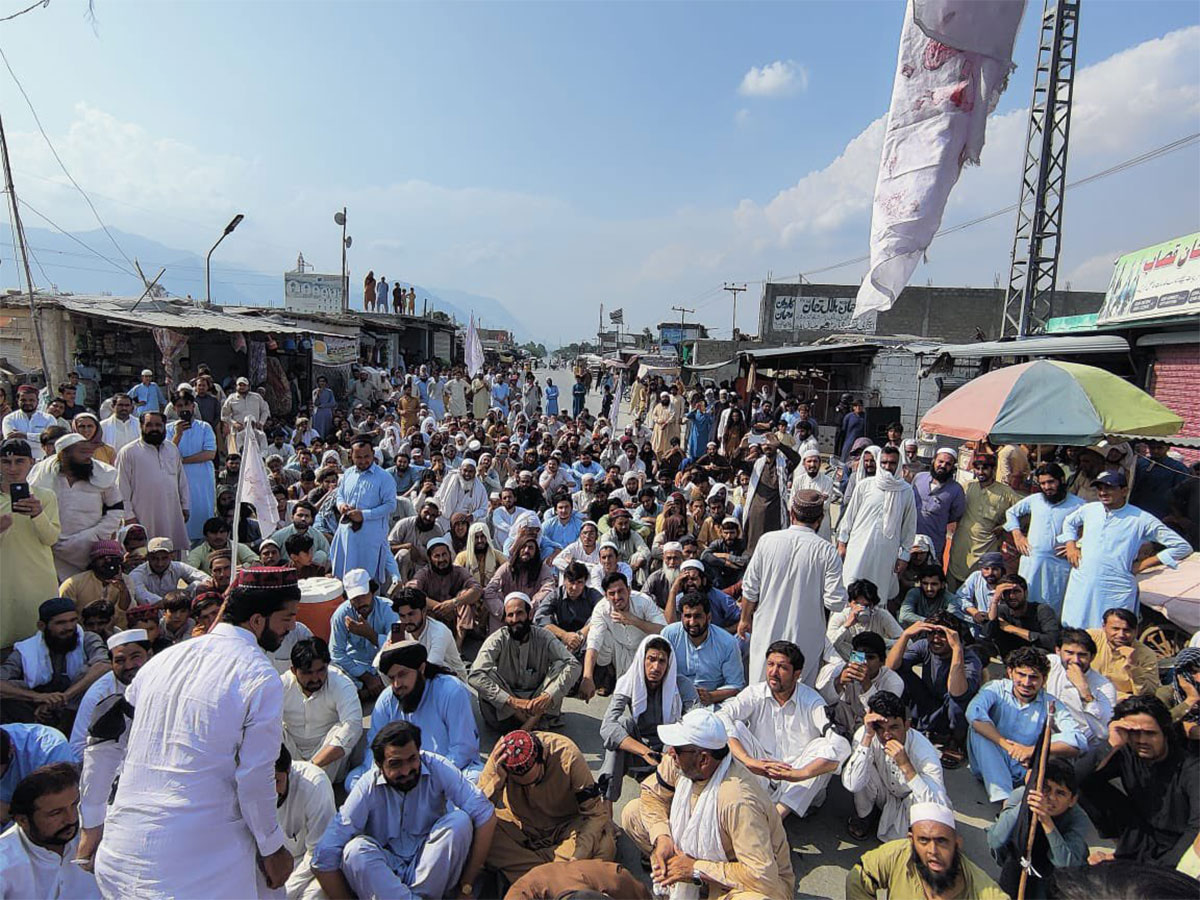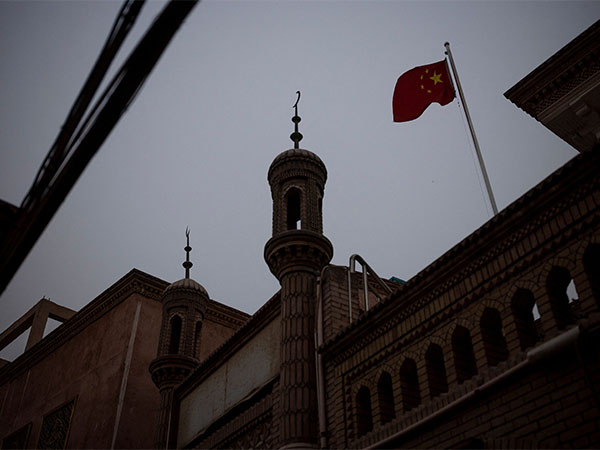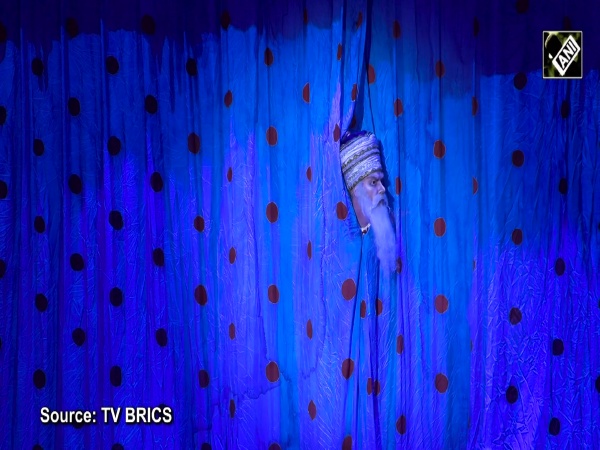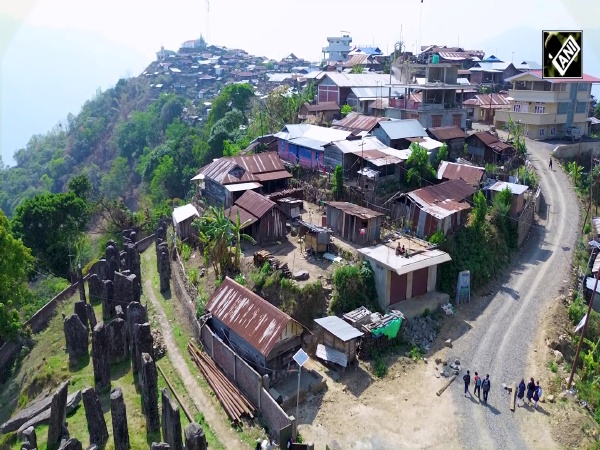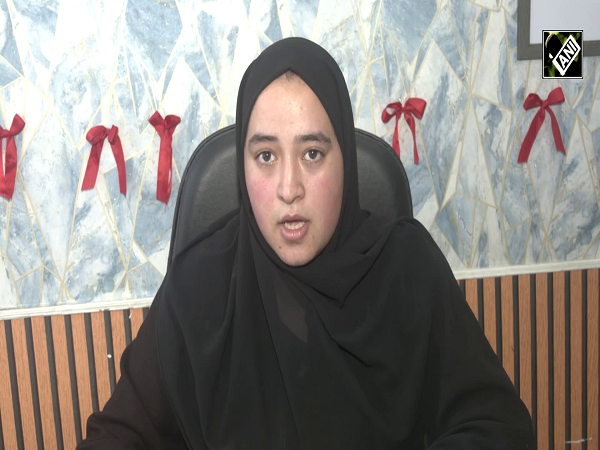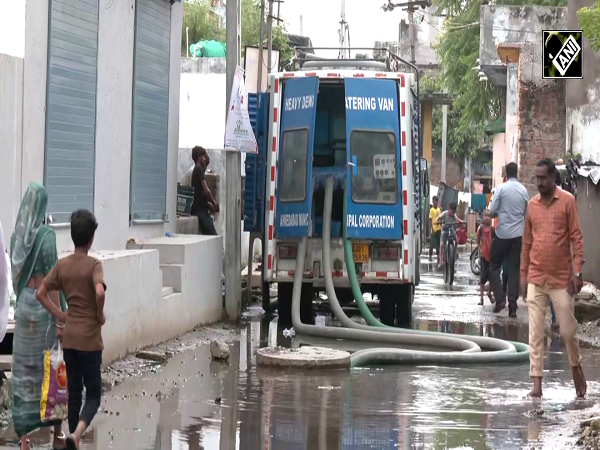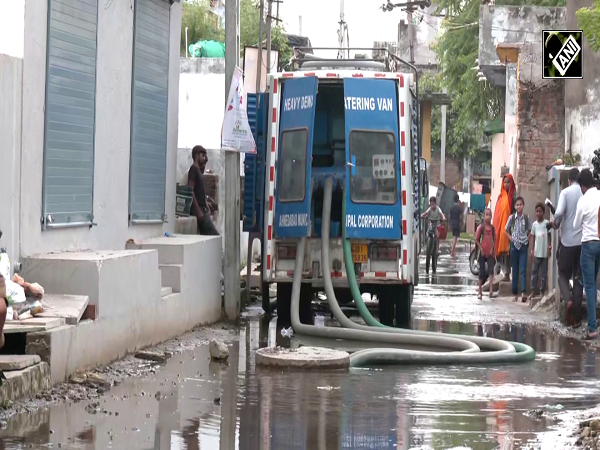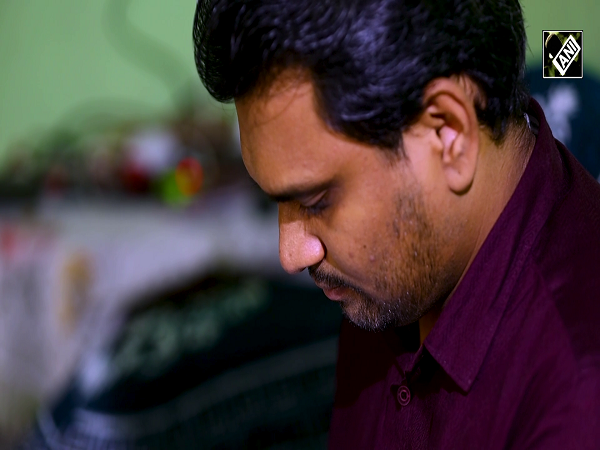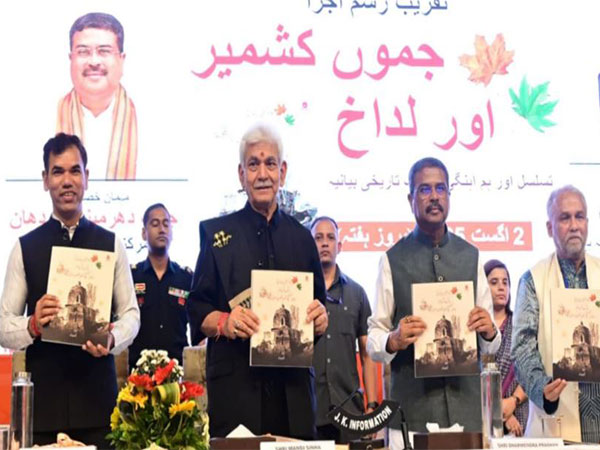
Former Mali PM charged over social media post supporting political prisoners
Aug 02, 2025
Bamako [Mali], August 2 : Former Mali Prime Minister Moussa Mara has been charged with "undermining the credibility of the state" following a social media post expressing support for political prisoners, Al Jazeera reported, citing a prosecutor.
Mara, who served as prime minister from 2014 to 2015, was detained after publishing a post on July 4 on platform X, formerly known as Twitter, in which he described visits to individuals imprisoned for political reasons and vowed to seek justice for them.
"As long as the night lasts, the sun will obviously appear!" he wrote, adding, "We will fight by all means for this to happen as soon as possible!"
According to Al Jazeera, his legal team has condemned the proceedings, calling them politically motivated. Mara remains in detention, with a trial scheduled for September 29.
His arrest marks the latest incident in a broader clampdown on dissent by Mali's military rulers, which intensified after the country witnessed its first pro-democracy rally since the junta seized power nearly four years ago.
Abdoulaye Yaro, a close associate of Mara, told The Associated Press that the former PM was arrested following an order from a cybercrime prosecutor to detain him pending trial, for "expressing compassion for people jailed for political beliefs."
Mara's lawyer, Mountaga Tall, posted on X that his client is facing multiple charges including undermining state authority, inciting public disorder, and spreading false information.
Al Jazeera reported that Mali has seen growing repression since General Assimi Goita seized power through two coups in 2020 and 2021. In June, Goita was granted an additional five years in power, reneging on earlier promises of returning the country to civilian rule by March 2024.
The extension followed the military-led dissolution of political parties in May.
Mali, located in Africa's semi-arid Sahel region, has remained politically volatile amid a wave of instability sweeping across West and Central Africa over the past decade, according to Al Jazeera.

